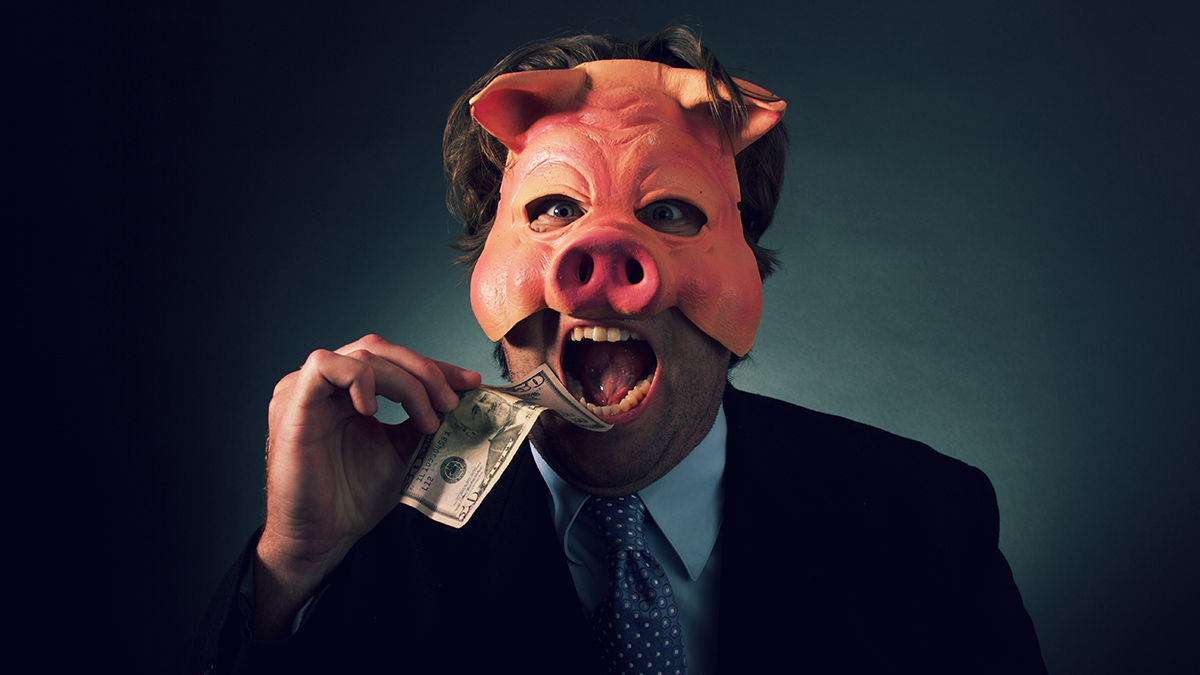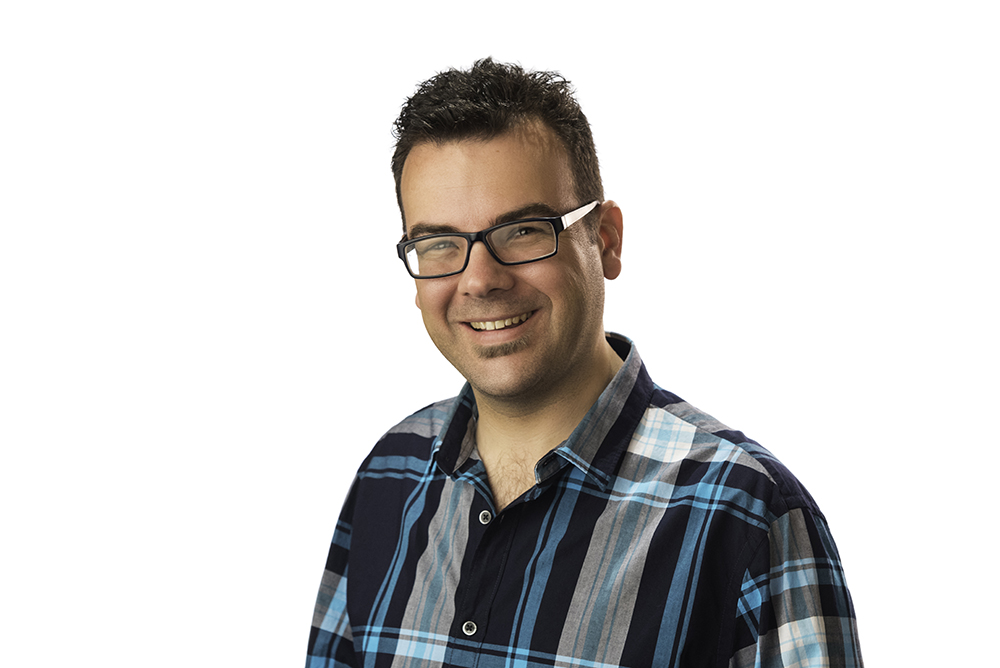For several years Dr Bronwyn King had been working at the Peter MacCallum Cancer Centre in Melbourne, doing her best to ease the suffering of lung cancer patients. Hope for recovery is slim when it comes to lung cancer—five years after diagnosis only 15 per cent of patients can expect to be alive. The culprit in the majority of cases is, of course, smoking. For medical professionals it’s a line of work that can be soul destroying, as well as bringing a basic fact to the fore: tobacco is a poison.
So when Dr King posed a casual question to a representative of her health industry superannuation fund she was shocked to discover that her super payments were being invested in a portfolio that included no less than five tobacco companies. While she was devoting her working life to relieving the suffering caused by smoking, her money was enriching the very industry peddling the addictive poisons responsible not just for her patients’ cancers, but for a holocaust of 6 million deaths around the world, every year.
That conversation in 2010 was life altering for Dr King. While she continued her work as a radiation oncologist she began to seek appointments with superannuation companies—beginning with her own. Armed with the facts, her professional credibility and a charming persistence, she was able to convince a dozen superannuation companies to drop tobacco stocks from their investment portfolios. Her fight continues, both in Australia and around the world.1
Where’s my treasure?
So what about me? I have a strong commitment to God, my family, my community, my church, my health. I believe in justice, equality, religious freedom, democracy and education. I even put my money where my mouth is—I donate to charities that give effect to my values; I give my tithes and offerings with a prayer that God will use them to further His mission in the world; when I shop I avoid products that are cruel to animals or damaging to the environment.
But is it possible that, via my personal financial arrangements, I’m paying an unholy tithe that’s undermining everything I stand for? Am I being enriched by my unknowing support not only of Big Tobacco but of other companies that make their profit from gambling, alcohol, junk food, pornography, weapons, deforestation or pollution?
Jesus said something quite confronting in Matthew 6:21: “For where your treasure is, there your heart will be also.” His challenge goes deeper than deciding on superannuation options, of course, but this fundamental principle of life has clear implications for how we organise our finances. Jesus is reminding us that, despite our efforts to compartmentalise money in a separate, neutral or secular part of our lives, its influence will keep leaking into our values and spirituality. Opening our whole lives to Him means allowing heavenly values to permeate, shift or even topple our financial arrangements.
Churches on the move
These are realisations that have prompted Christian organisations to make some changes. In 2015, the Anglican Church in Aotearoa, New Zealand and Polynesia voted “to take all reasonable steps” to divest its shares in fossil fuel companies by its next Synod meeting. This follows similar moves from the Church of England.
In Australia, the Uniting Church publicly castigated its bank—ANZ—because it financed a sugar company linked with child labour and illegal land seizures in Cambodia. ANZ, in turn, put pressure on the sugar company to lift its game. In the end, the bank ended its financial relationship with the sugar company.
What about the Seventh-day Adventist Church?
“[D]irect investments will not be made in certain industries which are not in keeping with the values of the Seventh-day Adventist Church” say the minutes of the 2004 General Conference (GC) Annual Council. Specifically this means companies that derive more than five per cent of their income from tobacco, alcohol, adult entertainment, gambling, meat products (including McDonald’s) and caffeinated beverages (including Coke and Pepsi). According to Tim Aka, GC associate treasurer and investment manager, the Church is also in the process of excluding a number of other companies from its investment portfolio: arms manufacturers, environmental polluters and even companies that exploit their workers or have poor governance. “It’s our desire to set a good example for all of our membership and institutions as it pertains to investing funds that the Lord has entrusted to us,” says Mr Aka.
It’s just too complicated
Many of us have a “set and forget” attitude when it comes to our financial affairs. If a high-flying specialist medico like Dr Bronwyn King took her super arrangements for granted for so many years, what hope do the rest of us have? Who has time to fuss with the intricacies of superannuation, bank fee structures or insurance loopholes?
The good news is there are established and reputable organisations out there doing the research. Australian Ethical, for example, or Christian Super. A look through Christian Super’s website reveals a surprising array of industries they’ve chosen to avoid. Twenty-one issues are named—everything from fast food to gambling to embryonic stem cell research. Christian Super also nominates 12 countries of concern, saying it limits or rules out investing in companies doing business in these countries. The issues involved include rebel wars, human rights abuses and corrupt governments. [pullquote]
Clearly a lot of research has gone into establishing these policies, which are always being adjusted as circumstances change.
“We don’t invest in Woolworths because they have significant revenue from alcohol, tobacco and gambling,” says Peter Murphy, CEO of Christian Super. “They own one per cent of the world’s gambling machines.”
So if a company as mainstream and respectable as Woolworths is suspect, how can anyone ever be sure they’ve got it right? Surely there’s no such thing as an absolutely squeaky-clean supply chain or investment portfolio. Drill down deep enough and you’re bound to find dirt.
“Sometimes you’re going to have to make bold calls—sometimes you’re not going to have enough information,” Mr Murphy says. “But does that mean because it’s too hard you don’t give it a go?”
This is an important principle. Surely the worst thing we can do is to be paralysed by indecision and do nothing. Instead why not start small with something clear and doable? Change your superannuation option mix towards “socially responsible” or switch to a community bank or co-operative society rather than the increasingly dubious big banks.
Think positive
But using your money conscientiously is not just about what industries or companies to avoid. The positive side is deciding what business activities you’d like to support. Ethical super companies, community banks and even some investment managers are increasingly focused on this positive side of money management.
“I was wrapping up an exhausting two-year project setting up a traditional charitable project in India’s north [when] I received an invitation to visit the factory of a wealthy local businessman,” recalls Jai Sharma in an article on the Ethos blog.2 “He thought little about social impact and nothing of Jesus, but as I walked the factory floor I could not avoid an intriguing but worrying question: had this man done more good accidentally in providing jobs and social infrastructure for his 3000 economically disadvantaged staff than I had after years of deliberate action?”
That troubling question led Mr Sharma into a career in Christian ethical investing, giving investors the opportunity to finance companies that make a positive contribution to their communities and operate under best practice principles when it comes to fair wages, working conditions and environmental sustainability. Often these are small enterprises, even one-person operations that the banks ignore but nevertheless have a very good record of repaying “microfinance” loans.
“The perception of investing must shift in the eyes of the church from that of being a ‘necessary evil’ to an opportunity to honour God with our wealth,” says Mr Sharma. “Our investments can be an expression of our love for God and neighbour, generating social and spiritual change with ripples into eternity.”






